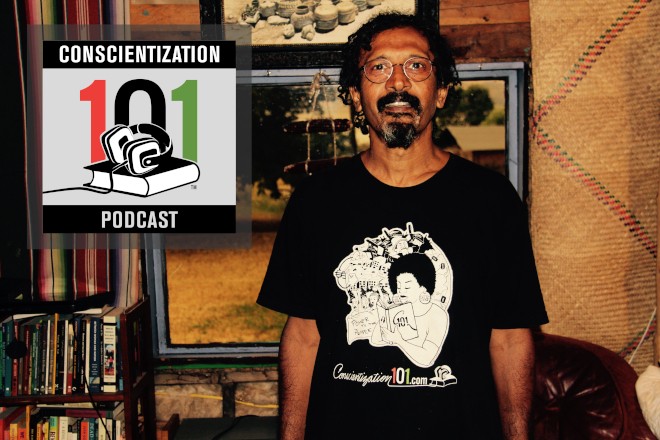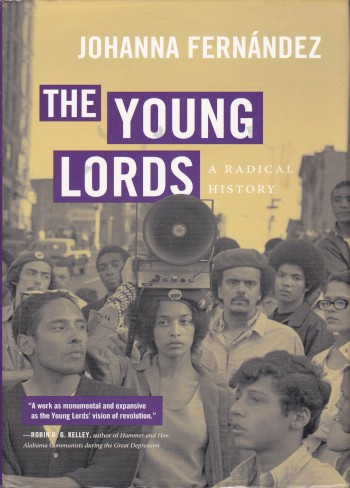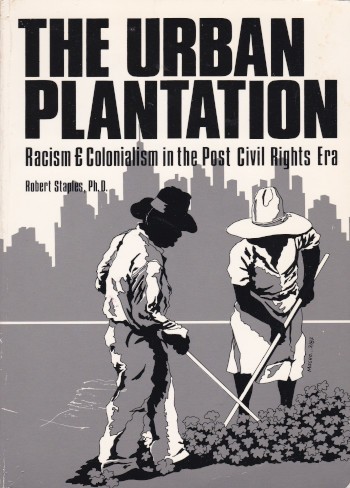
Published in 1987, Dr. Robert Staples’s The Urban Plantation, correctly analyzes the position of Africans in the settler colony of the United States as that of an internal/domestic colony. While this theoretical... Read more »

The Deacons’ strength was that they were the only southern wide organization created and controlled by the black working class during the civil rights movement. It is no coincidence that it was... Read more »
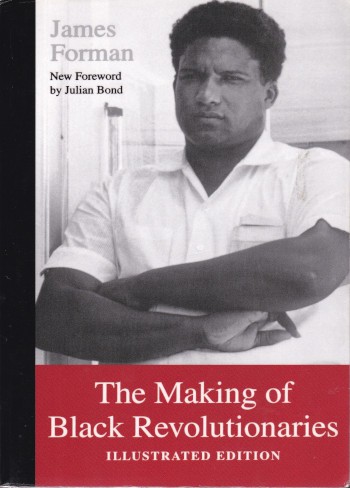
Soon after the summer of 1966, the council was disbanded. By this time revolutionary blacks were no longer trying to maintain any façade of unity. The “civil rights” phase of our struggle... Read more »
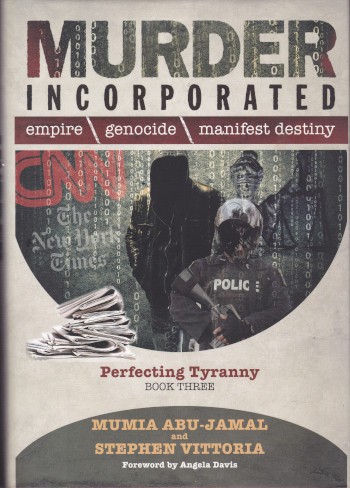
In Book Three: Perfecting Tyranny, Mumia Abu-Jamal and Stephen Vittoria continue their epic recounting of the history—and present reality—of the United States. This volume challenges the acceptance of some of the most... Read more »
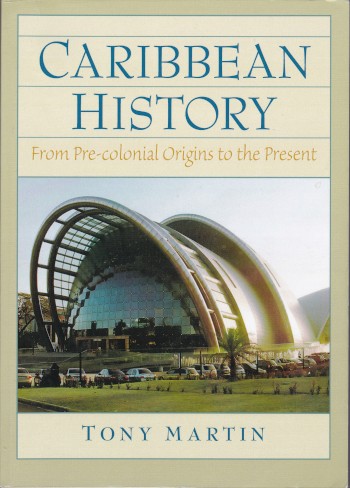
In Caribbean History: From Pre-colonial Origins to the Present, Dr. Tony Martin has attempted to overhaul, as it were, the approach to a survey of Caribbean history. Dr. Martin reframes the way in... Read more »
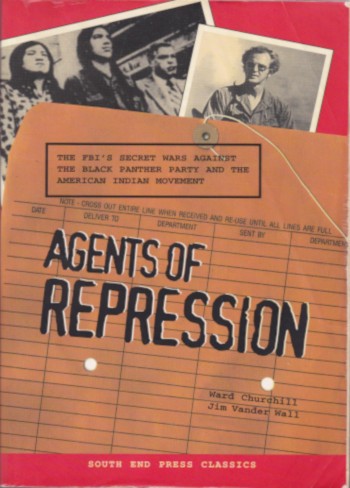
From the Red Scare of 1919-1920 to the McCarthy period of the 1950’s to the COINTELPRO era of the 1960’s. The FBI has operated primarily as America’s political police. Set against this... Read more »
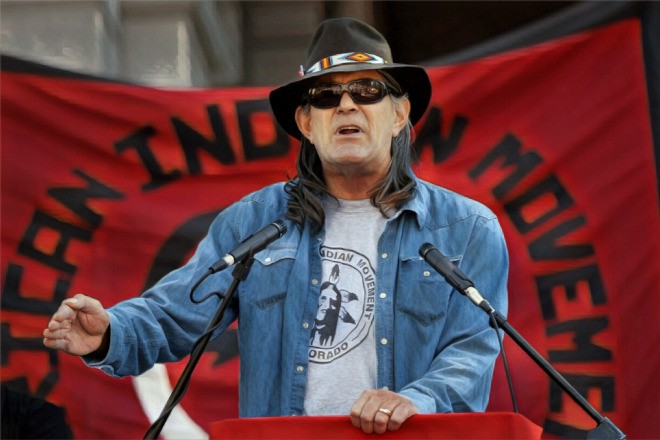
Sagacious, trenchant, and decisive are just a few ways to describe the writings of American Indian Movement activist–intellectual Ward Churchill. Informed by praxis, Churchill’s decades of work demonstrate a keen understanding that... Read more »
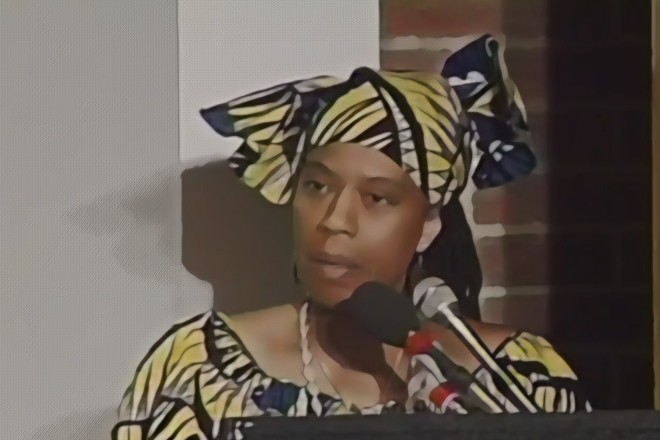
Ideopraxis, a term coined by renowned African scholar Ayi Kwei Armah, means "the translation of ideas systematically embraced into structured behavior and lifestyle. Ideopraxis is the yardstick that separates revolutionary performers from... Read more »

